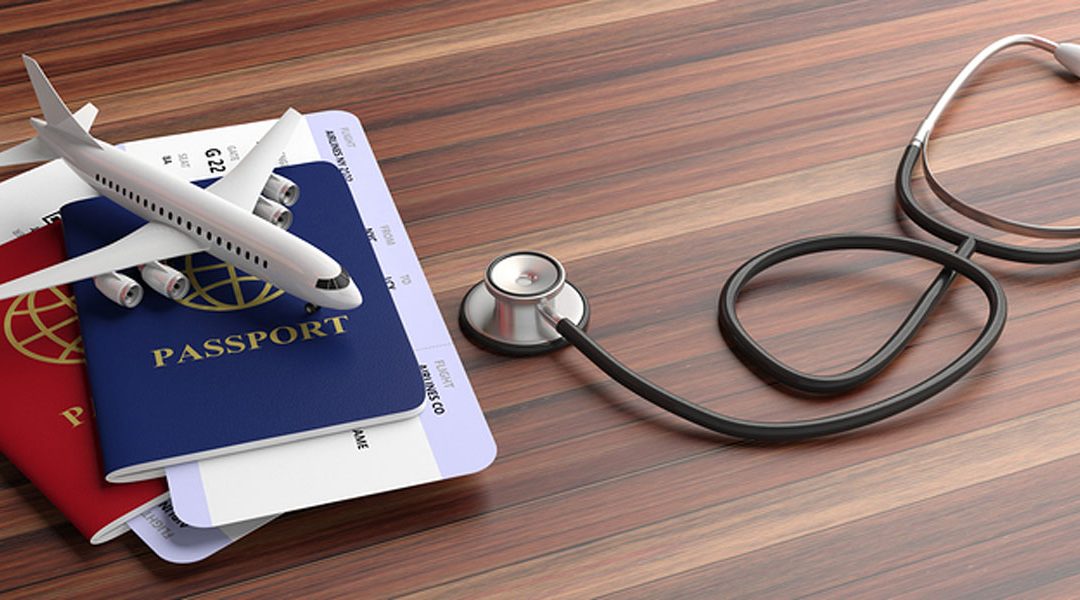If you have heart disease and are planning to travel a long distance from home for business or a vacation, you should consider taking precautions to make sure your trip is incident-free. If you have experienced a cardiac event, such as a heart attack or stroke, here is a checklist for you to consider to make sure you are equipped for your next vacation or business trip.
- Make sure you travel with your medicine and keep a copy of your original prescriptions in case you lose your medications.
- Take the phone number of your cardiologist or primary care physician so you will have it on hand if they need to call in a prescription for you.
- Inform your physicians of your travel plans, since your physician may know medical professionals in the location you are traveling and can give you a referral if you need it.
- Be aware of the medical facilities at your travel destination and do research on what your health insurance may cover. Some health insurance policies, for example, will cover an emergency flight home from abroad, if warranted.
- Medical professionals may recommend taking a copy of your medical records with you while traveling.
Traveling to High Altitudes and Exotic Places
- Be mindful of your fluid and sodium intake if you have cardiomyopathy or a history of heart failure, to ensure a proper balance of fluids.
- High altitudes may cause those with coronary artery disease to become symptomatic since the thin air affects the oxygen flow to your blood. This may cause your heart to have to work harder.
- If you experience shortness of breath this may be a sign that your condition is becoming unstable. Seek medical attention.
- Be aware of vaccine recommendations when traveling abroad to guard against disease.
- If traveling to an exotic place, consider selecting a destination that is more highly populated with better access to medical care services.
Precautions to Take While Traveling on an Airplane
- Make sure to move around on long flights, since staying immobile for a long time may increase the risk of blood clots in the legs. This is particularly associated with medical conditions that may contribute to the possibility of blood clots, such as someone with a history of peripheral artery disease, vascular disease, or a history of heart failure.
- Make sure to let your physician know if you are flying on an airplane. Your physician may recommend wearing compression stockings or additional oxygen for some people who are traveling on an airplane.
- Others may need to watch their fluid intake carefully or may need to avoid alcohol intake while flying.
MedTrust Transport provides emergent and non-emergent ambulance services in Charleston, Myrtle Beach, and Georgetown, South Carolina and Jacksonville, Florida. We have trained EMT personnel and a fleet of fully-equipped ambulances. We aim to provide compassionate and timely patient care.

